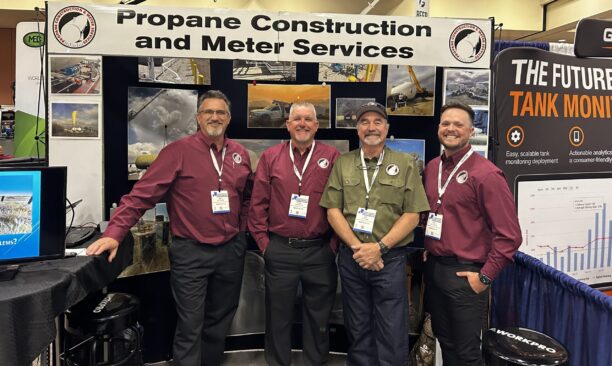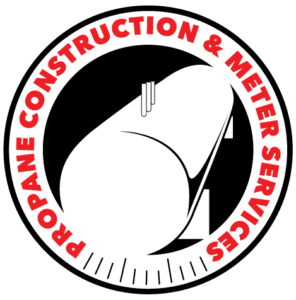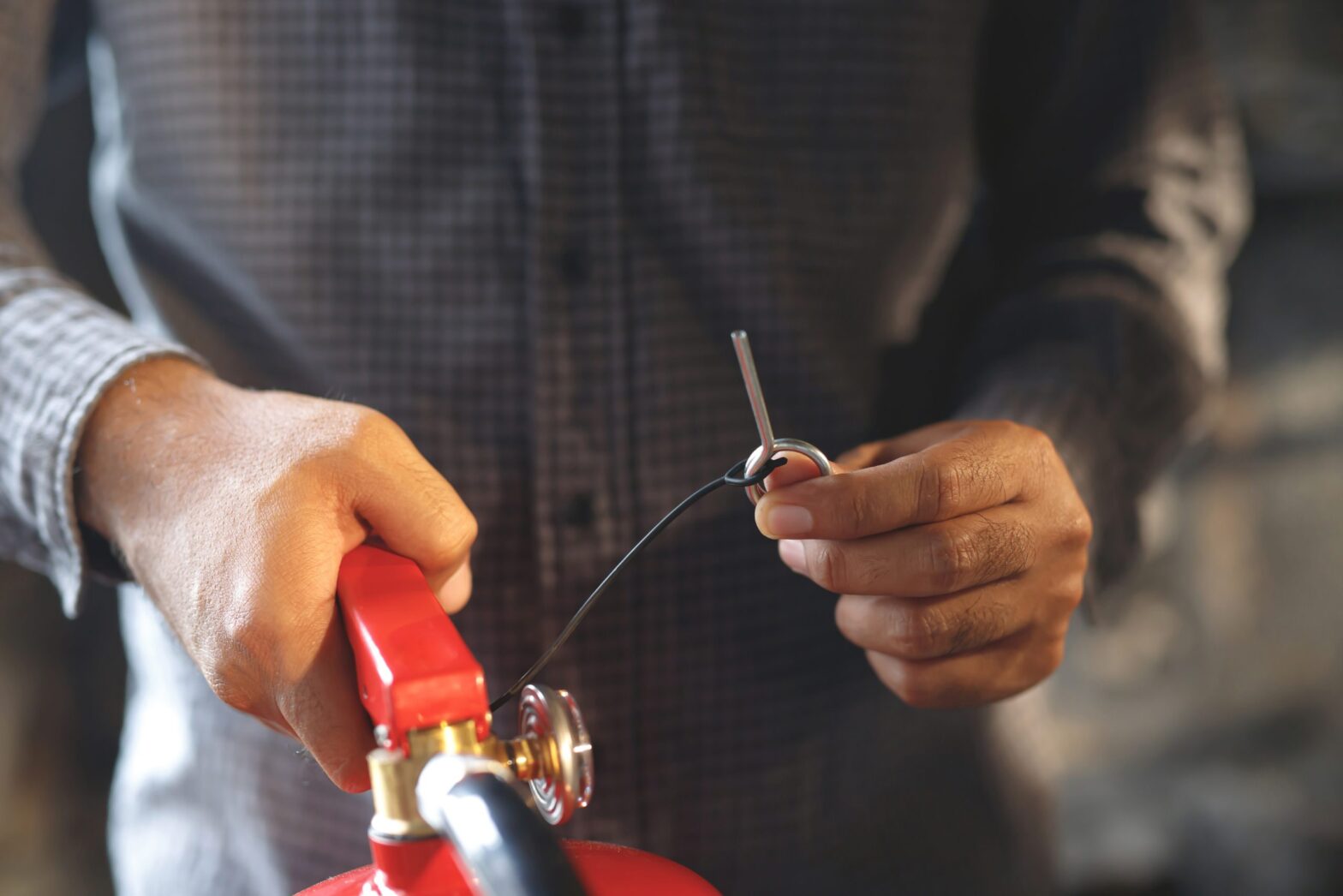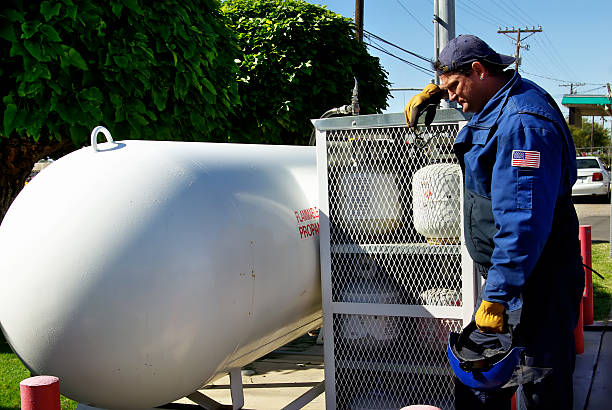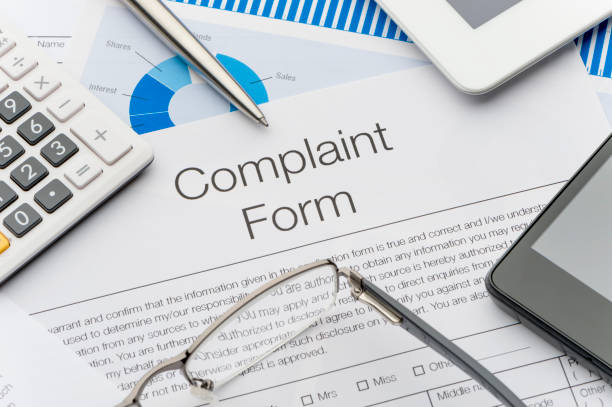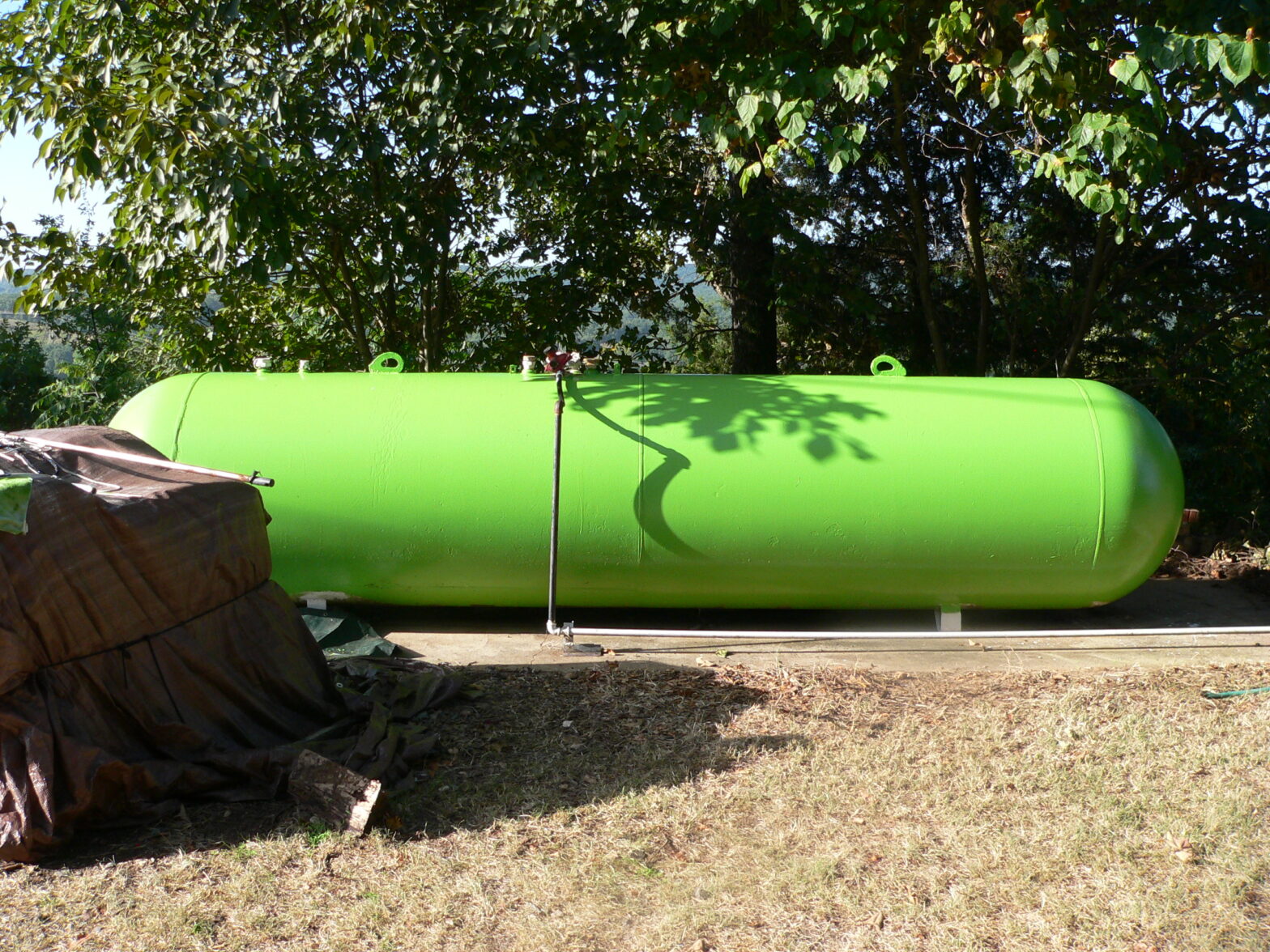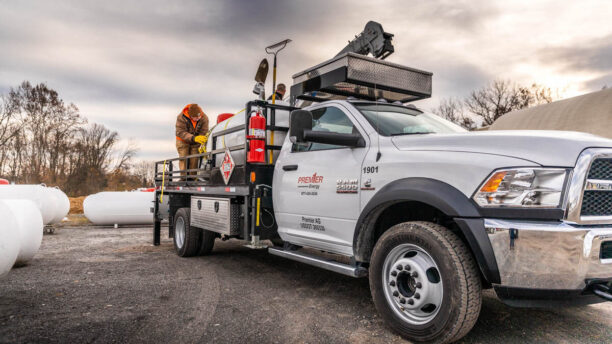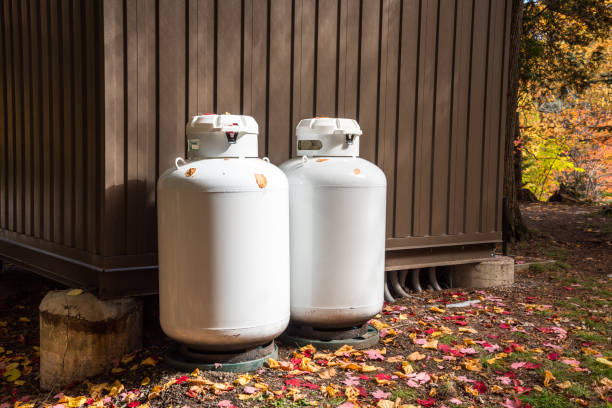Essential Steps for Hiring the Right Employees
As a propane business owner, you know that building a skilled and reliable team is essential for success. Hiring the right employees can make all the difference in delivering excellent service and maintaining a positive reputation in the industry. Read on for a comprehensive guide to help you hire the best talent for your propane… Continue reading Essential Steps for Hiring the Right Employees
As a propane business owner, you know that building a skilled and reliable team is essential for success. Hiring the right employees can make all the difference in delivering excellent service and maintaining a positive reputation in the industry. Read on for a comprehensive guide to help you hire the best talent for your propane business.
Clarify Your Requirements
Prior to commencing the hiring process, invest time in clearly outlining the roles and responsibilities you wish to fill. Evaluate the specific skills, experience, and qualifications needed for each position. This approach aids in crafting precise job descriptions and drawing in candidates who align well with your business.
Establish a Robust Brand
An influential brand is pivotal in drawing in top-tier talent. Highlight the distinctive features of your propane business and articulate why it stands out as an appealing workplace. Emphasize your company’s values, culture, and avenues for advancement. Leverage platforms like your website, social media, and professional networks to amplify your employer brand and attract adept candidates.
Utilize Multiple Recruitment Channels
Cast a wide net when advertising job openings. Use a combination of online job boards, social media platforms, industry associations, and networking events to reach potential candidates. Consider partnering with local trade schools or technical colleges to tap into a pool of skilled professionals interested in careers within the propane industry.
Screen Resumes Carefully
Review resumes carefully to identify candidates who meet your requirements. Look for relevant experience, certifications, and skills that align with the job description. Pay attention to any gaps in employment or inconsistencies in job history. Shortlist candidates who show potential and invite them for interviews.
Conduct Thorough Interviews
Interviews are your opportunity to assess candidates’ qualifications, skills, and fit for your propane business. Prepare a list of structured interview questions that probe into their experience, problem-solving abilities, and knowledge of propane safety regulations. Conduct multiple rounds of interviews to thoroughly evaluate all candidates before making a decision.
Offer Competitive Compensation and Benefits
Competitive compensation and benefits packages are key to attracting and retaining top talent in the propane industry. Research industry standards and benchmark your offerings against competitors. Consider offering additional perks such as health insurance, retirement plans, and professional development opportunities to make your employment package more appealing.
Provide Ongoing Training and Support
Once you’ve hired the right employees, invest in their ongoing training and development. Provide comprehensive training on propane safety protocols, equipment operation, and customer service standards. Offer opportunities for career advancement and skill enhancement to keep employees engaged and motivated.
By following these steps, you can be sure to hire the right employees for your propane business and build a skilled and dedicated team that contributes to your company’s success. Remember to prioritize safety, professionalism, and customer service throughout the hiring process to maintain your reputation as a trusted provider in the propane industry.


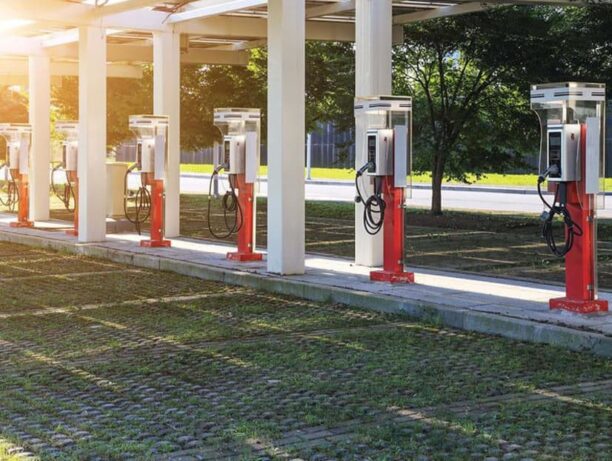

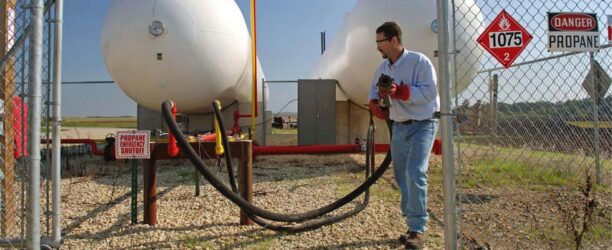

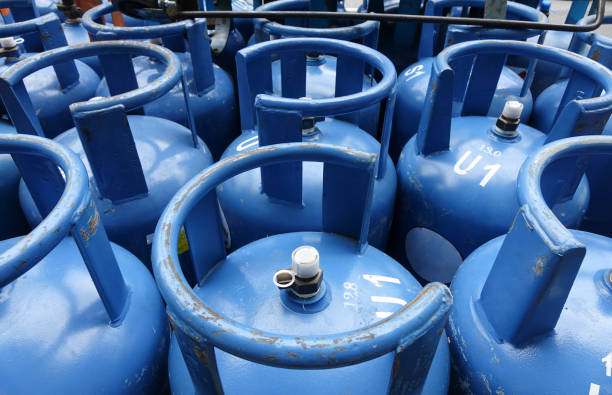

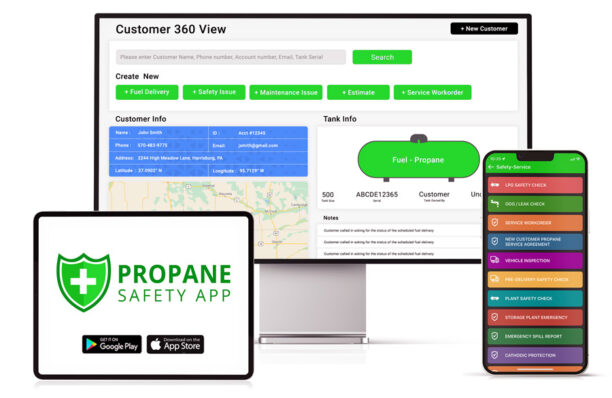
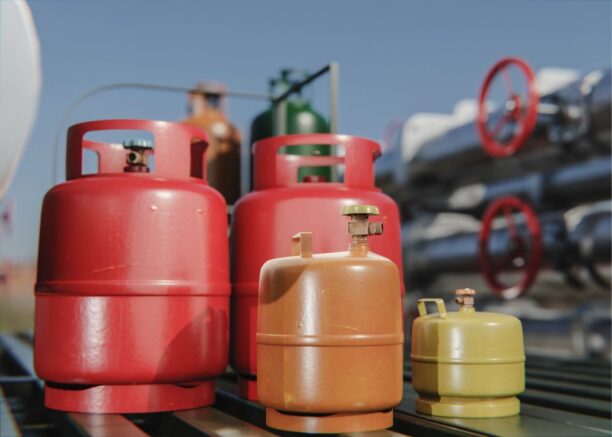



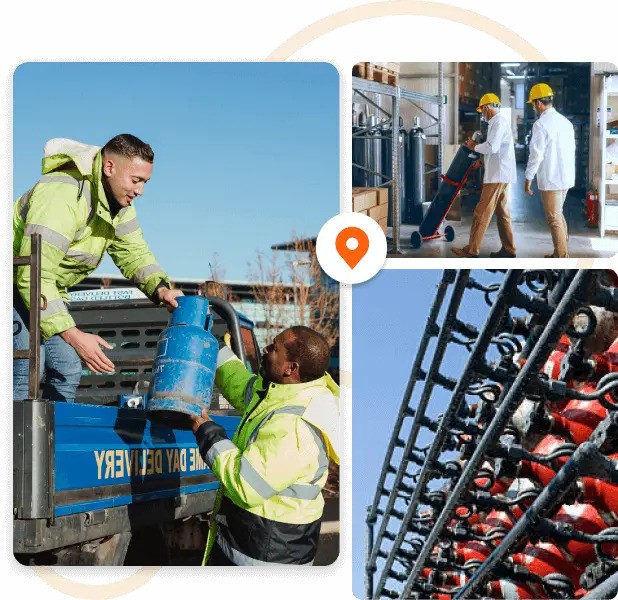
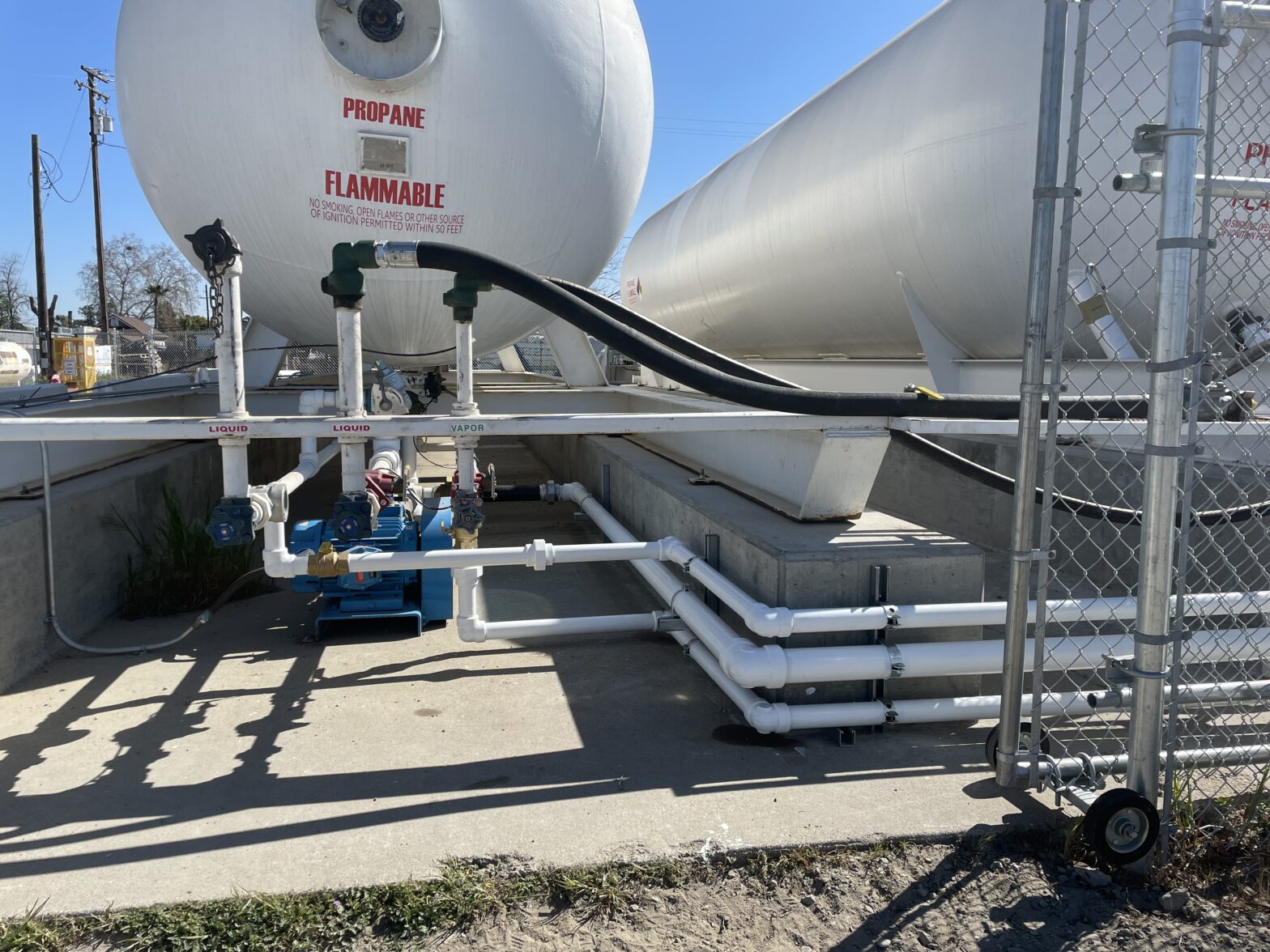
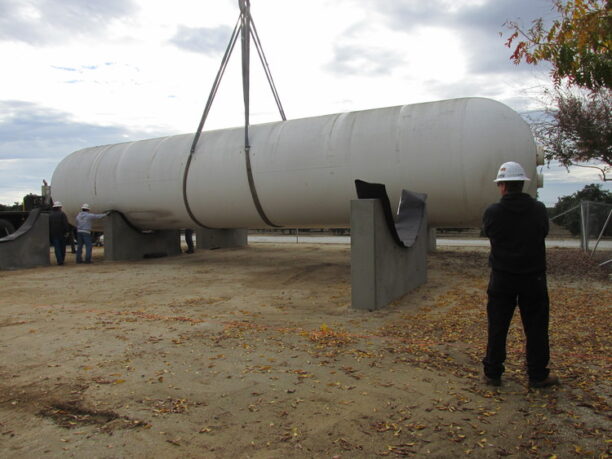
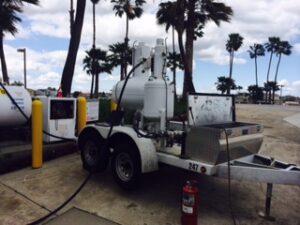 LPCAMS offers meter proving services, which involve calibrating meters to ensure they provide accurate readings. This service is vital for businesses using bobtail trucks and retail/resale dispensers, as it ensures customers get exactly what they pay for and helps maintain trust in the business.
LPCAMS offers meter proving services, which involve calibrating meters to ensure they provide accurate readings. This service is vital for businesses using bobtail trucks and retail/resale dispensers, as it ensures customers get exactly what they pay for and helps maintain trust in the business.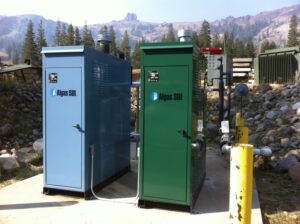 With the rising popularity of propane as an alternative fuel for vehicles, LPCAMS offers expertise in designing, installing, and maintaining propane autogas dispensing systems. These systems are an eco-friendly alternative, and LPCAMS ensures they are set up for optimal performance and longevity.
With the rising popularity of propane as an alternative fuel for vehicles, LPCAMS offers expertise in designing, installing, and maintaining propane autogas dispensing systems. These systems are an eco-friendly alternative, and LPCAMS ensures they are set up for optimal performance and longevity.